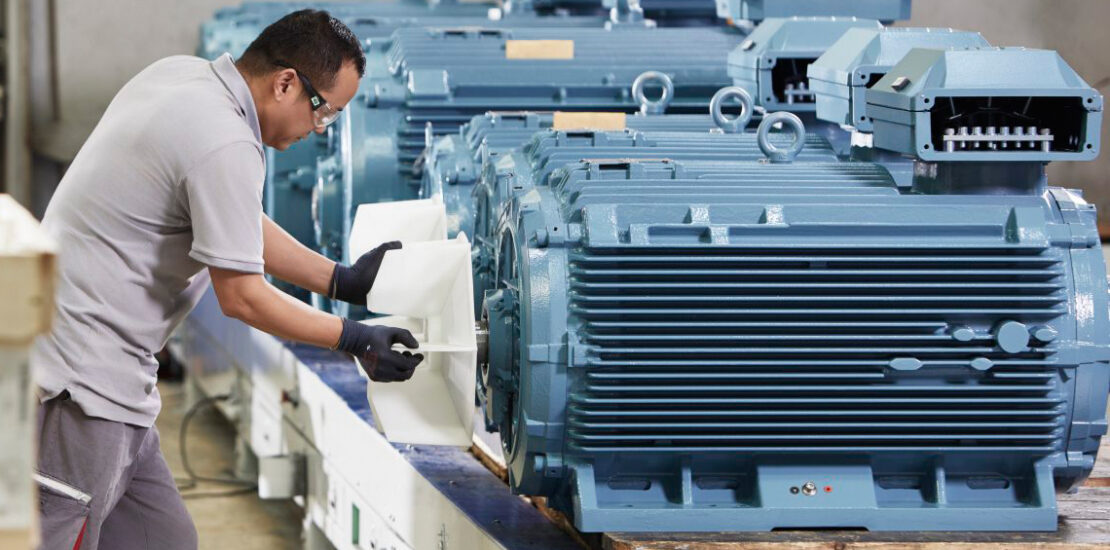Energy efficiency for supporting national carbon emission reduction targets
- 15/02/2025
- Posted by: Besim Islami
- Categories: Business plans, Energy audits, Innovation, National Energy and Climate Action Plans, Sustainable Energy

Achieving national carbon emissions targets hinges significantly on improving energy efficiency across all sectors. By reducing the amount of energy required to power homes, businesses, and industries, nations can directly and substantially lower their overall carbon footprint. Implementing robust energy efficiency policies, such as stricter building codes, appliance efficiency standards, and industrial energy audits, creates a framework for systematic reductions. These measures not only contribute to immediate emissions reductions but also foster a culture of energy conservation, driving long-term behavioral changes.
Moreover, enhanced energy efficiency complements the transition to renewable energy sources.
By minimizing energy demand, nations can more effectively integrate renewables into their energy mix, reducing the need for extensive and costly infrastructure expansions. This synergy between efficiency and renewables accelerates the path toward decarbonization, making national emissions targets more attainable. Investing in smart grid technologies, energy storage solutions, and public awareness campaigns further empowers citizens and businesses to participate actively in energy conservation. Ultimately, prioritizing energy efficiency is not just a tactical approach to meeting emissions targets; it’s a strategic investment in a sustainable and resilient future.
- Reduced environmental Impact:
Lower Greenhouse Gas Emissions: Energy efficiency directly reduces the consumption of fossil fuels, which are the primary source of greenhouse gas emissions. This helps mitigate climate change, reduce air pollution, and protect ecosystems.
Conservation of Natural Resources: By using less energy, we reduce the demand for raw materials needed to generate that energy, such as coal, natural gas, and uranium. This preserves natural resources and reduces the environmental impact of extraction and processing. - Economic savings and and enhanced competitiveness:
Lower Energy Costs: Energy efficiency directly translates to lower energy bills for households, businesses, and industries. This frees up financial resources for other investments and improves overall economic productivity.
Increased Business Competitiveness: Businesses that invest in energy efficiency can reduce their operating costs, making them more competitive in the marketplace. This can lead to increased profitability and job creation.
- Improved Energy security and resilience:
- Energy efficiency reduces reliance on imported fossil fuels, enhancing national energy security and reducing vulnerability to price volatility and supply disruptions.
- Enhanced Grid-stability: By reducing overall energy demand, energy efficiency helps stabilize the electricity grid and reduces the risk of blackouts and brownouts, particularly during peak demand periods.
- Enhanced quality of life and public health:
- Improved Indoor Air Quality: Energy-efficient buildings and appliances often have better ventilation and filtration systems, leading to improved indoor air quality and reduced exposure to harmful pollutants.
Increased Comfort and Productivity: Energy-efficient buildings and homes often provide more comfortable and consistent temperatures, leading to increased comfort and productivity for occupants.
Leave a Reply Cancel reply
Contact us at the Consulting WP office nearest to you or submit a business inquiry online.


